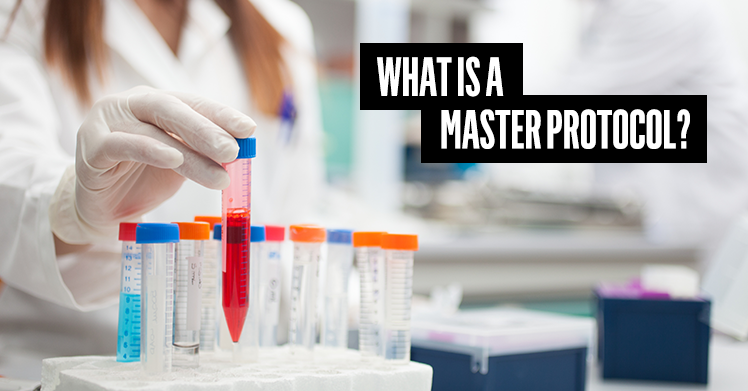
PPMD fights to end Duchenne for every single family. As part of our mission, we believe that we must continually work to identify and explore innovative opportunities that may accelerate the drug development and clinical trial process, getting effective therapies to individuals with Duchenne as quickly as possible.
Many of the families in our Duchenne community are familiar with the complicated, and often frustrating, clinical trial process. PPMD has been thinking about this for a long time. How can we make clinical trials faster, less burdensome and open to all comers, no matter the stage of disease? Would it be possible to understand the individual’s response to a compound or biologic (intervention) more quickly? Would it be possible to have less exposure to placebo? To initiate testing of combinations of promising therapeutics earlier?
One potential pathway to overcoming these obstacles in clinical trials, is by addressing trial protocols. Trial protocols are documents that describe the objectives, design, methodology, statistical considerations, and aspects related to the organization of clinical trials. Typically these trials are one drug compared to a placebo. An innovative approach to clinical trials that has gained traction in some other diseases is termed a Master Protocol — to put multiple different drugs into one protocol with only one common placebo control. This type of a master protocol is sometimes called a platform design and is commonly used in other disease areas such as pediatric cancers. There are a number of platform designs, all of which involve studying multiple investigational agents in one protocol, designed to answer multiple questions and could be beneficial for Duchenne.
Since 2016, PPMD has been closely examining what a Master Protocol is, the history of this concept in other disease spaces, and discussing in-depth with experts who have developed master protocols and those who know clinical trials in Duchenne and could think about the potential a Master Protocol could have in Duchenne. Some of the principles we have incorporated in our discussions around a Master Protocol for Duchenne include:
- Trials should not be limited to a subset of patients, but rather inclusive.
- Exposure to placebo should be limited or not at all.
- Adults should not be excluded from trials.
- Efficiencies are needed across clinical trials, including contract negotiation, collective IRB, standardized protocols and outcome measures, opportunities for combinations, and faster approvals.
PPMD has been exploring the idea of a Master Protocol because we believe that ending Duchenne will take innovation, thinking outside the box, providing options, and we appreciate the community’s interest in learning more. A Master Protocol may make the clinical trial process – especially in a rare disease like Duchenne with a small population of patients to recruit – more efficient, limiting both risk and disappointment.
But this is a new concept for Duchenne and there is a great deal of groundwork to be done to understand the questions, address the challenges, and develop a meaningful work plan for this community.
To learn more about Master Protocol, watch the webinar PPMD hosted below. With this webinar, we provided basic information regarding the Master Protocol concept, its pros and cons, and how it might impact families. We also share what we have learned so far, providing an update on potential next steps, and talk about how you can not only add to the conversation, but become an active participant in our continued exploration of this concept. In late 2018, we will hold an Open Public Meeting for all interested members of the community, to discuss this opportunity even more.
There are many, many questions yet to be answered about a Master Protocol and the potential it has in Duchenne. PPMD will continue to share information we learn with the community.



 by: Parent Project Muscular Dystrophy
by: Parent Project Muscular Dystrophy

